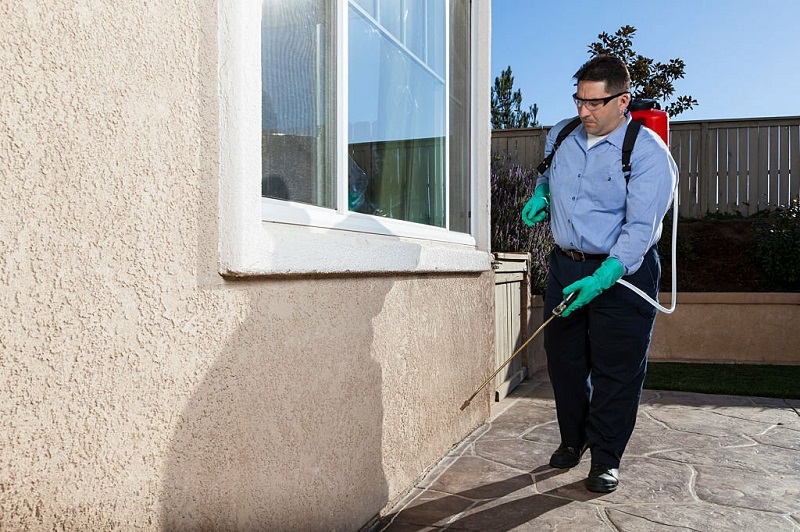Pest control is an essential aspect of maintaining a healthy and pest-free home. Regular pest control services are crucial to prevent infestations and ensure the well-being of your family and property. But how often should you schedule these services? Let’s delve into the factors that determine the frequency of pest control and find the optimal schedule for your needs.
Factors Influencing Pest Control Frequency:
The frequency of pest control treatments is influenced by several factors, including the type of pest infestation, the severity of the problem, the location and size of the property, and the chosen pest control methods. Properties in areas prone to specific pests may require more frequent treatments to prevent recurring infestations. Additionally, the type of pest plays a crucial role; some pests require regular treatments due to their rapid breeding cycles, while others may be effectively controlled with less frequent interventions. The severity of the infestation also dictates the frequency, with more severe cases necessitating more frequent and intensive pest control measures.
Seasonal Changes:
Different pests are prevalent in various seasons. For instance, rodents often seek shelter indoors during colder months, while insects like ants and mosquitoes are more active in warmer weather. Understanding the seasonal behavior of pests helps in scheduling targeted pest control services. Consider bi-annual treatments to address different pest threats effectively.

Property Location and Surroundings:
Homes located near wooded areas or water bodies are more susceptible to specific pests like termites and mosquitoes. Urban areas might face different challenges, such as cockroach or rodent infestations. Assess your surroundings and consult with pest control experts to determine the frequency necessary to combat pests native to your area.
Also read – How Can Pest Control Upgrade Your Domestic Environment
Previous Infestations and Pest History:
If your home has a history of pest problems, it’s wise to schedule more frequent pest control services. Previous infestations indicate vulnerabilities in your property that pests exploit. Regular treatments can prevent recurring issues, ensuring pests do not establish breeding grounds within your home.
Optimal Pest Control Schedule:
Considering the factors mentioned above, a bi-annual pest control schedule is suitable for most homes. This frequency allows for timely interventions based on seasonal changes and provides a proactive approach to prevent potential infestations. Additionally, routine inspections and treatments can catch pest problems in their early stages, saving you from extensive damage and costly repairs.
Seasonal Assessments and Treatments:
To maintain a pest-free environment, it’s essential to align your pest control schedule with seasonal changes. Different pests have peak activity periods during specific times of the year. For instance, spring and summer are notorious for increased ant and mosquito activities, while rodents seek refuge indoors during colder months. Regular assessments and treatments tailored to these seasonal patterns ensure that your home remains protected year-round.
Customized Pest Control Plans:
Every home is unique, and so are its pest control needs. Collaborate with professional pest control services to create a customized plan for your property. These tailored plans often involve a combination of preventative measures, scheduled treatments, and routine inspections. Pest control experts can identify vulnerable areas in your home and implement specific strategies to address them, ensuring that your pest control schedule is optimized for maximum effectiveness.
Importance of Follow-Up Inspections:
Pest control doesn’t end with a single treatment. Follow-up inspections are crucial to assess the effectiveness of previous interventions and identify any new pest activities. Regular follow-ups allow pest control professionals to make necessary adjustments to the treatment plan, ensuring that pests are continuously kept at bay. These inspections act as preventive measures, stopping potential infestations before they escalate, and maintaining the integrity of your pest-free space.
Conclusion:
In conclusion, the frequency of pest control services depends on various factors, including seasonal changes, property location, and previous infestations. A proactive approach to pest control, with bi-annual treatments, is generally effective for maintaining a pest-free home. However, it’s essential to consult with professional pest control experts who can assess your specific situation and recommend a tailored schedule. By investing in regular pest control services, you not only protect your home and belongings but also ensure the health and safety of your family. Stay proactive, and stay pest-free.
For more information avalable at exterioridea.com









